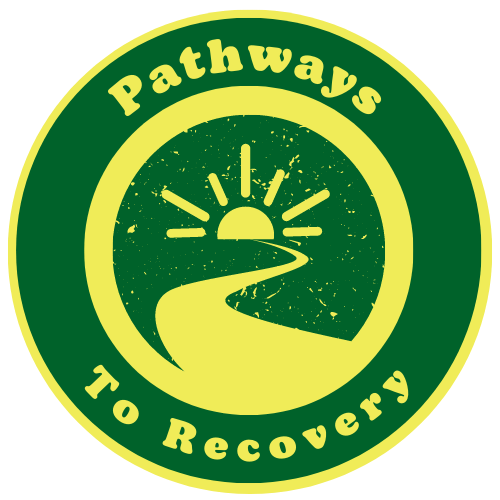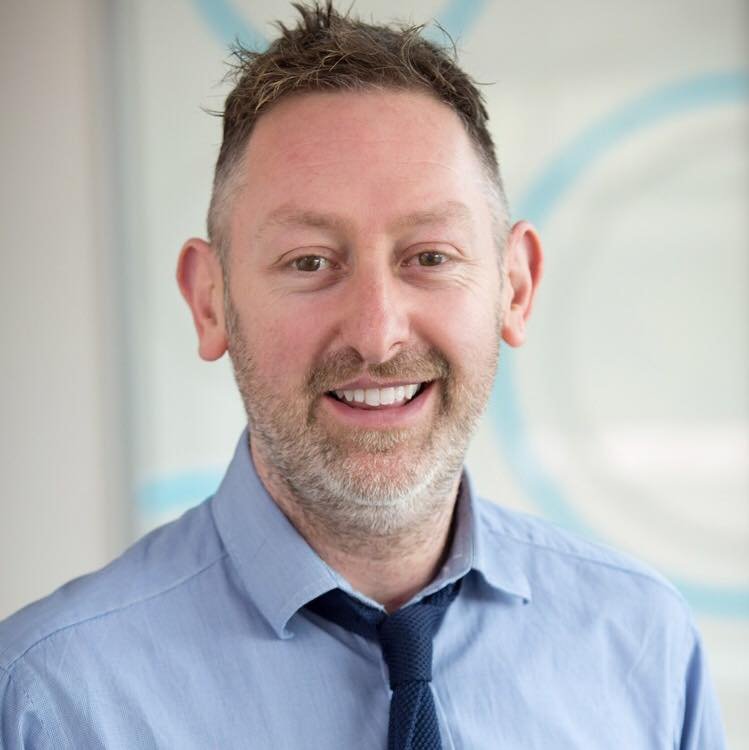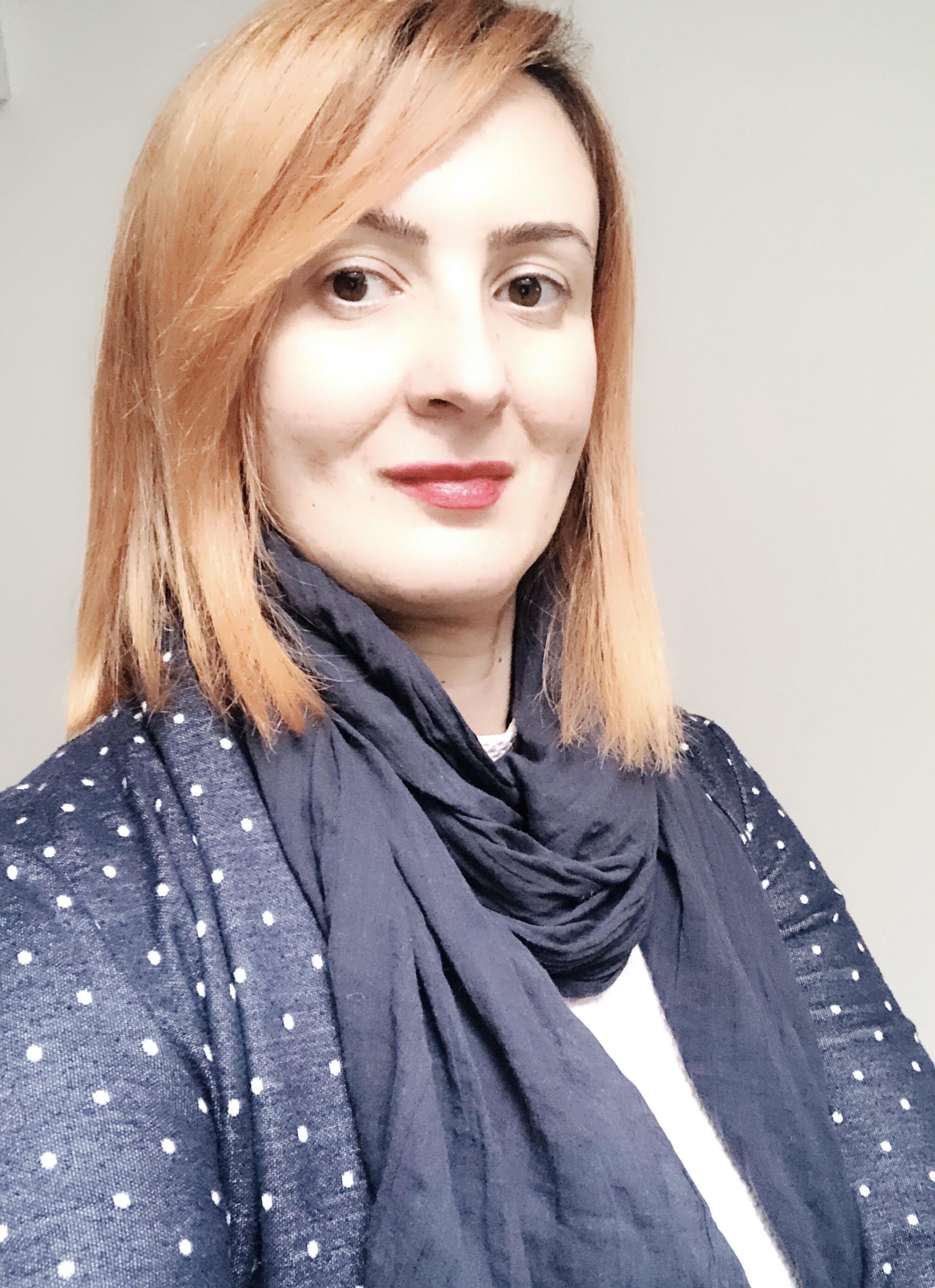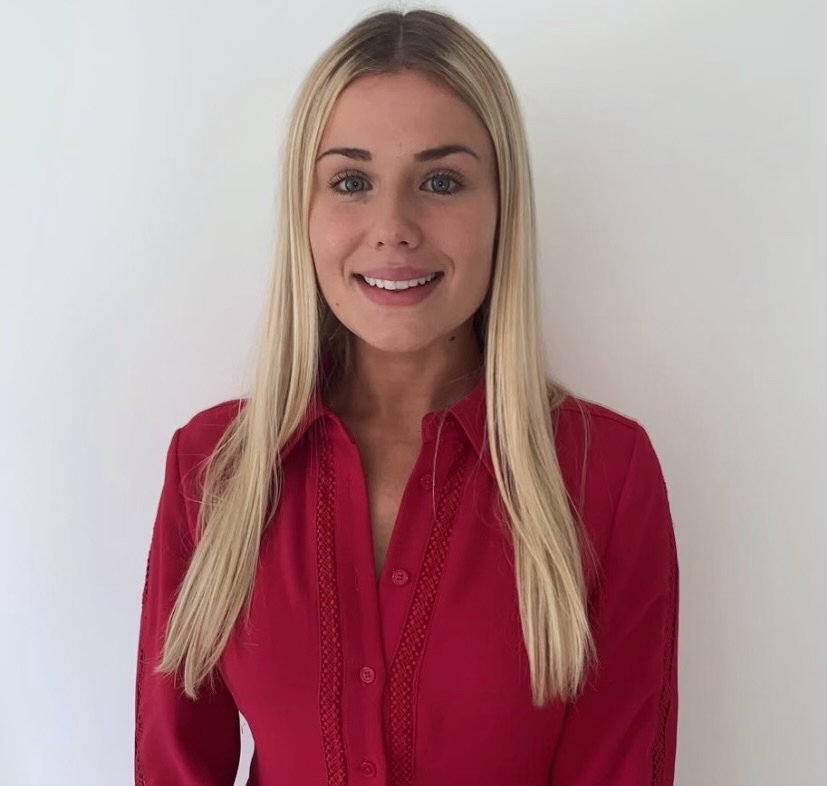Meet the team
Professor David Best
Professor of Addiction Recovery at Leeds Trinity University
-
Trained as a psychologist and criminologist, he has worked in practice, research and policy in the areas of addiction recovery and rehabilitation of offenders. He has authored or co-edited seven books on addiction recovery and desistance from offending, and has written more than 200 peer-reviewed journal publications and around 70 book chapters and technical reports.
In 2019, he has produced a monograph entitled “Pathways to Desistance and Recovery: The role of the social contagion of hope” (Policy Press) and a co-edited volume entitled “Strength-based approaches to crime and substance use” (Routledge).
He currently leads a longitudinal research study into pathways to recovery by gender in Scotland, England, Belgium and the Netherlands. His research interests include recovery pathways, recovery capital and its measurement, social identity theory and its implications for recovery, recovery and desistance, addiction treatment effectiveness particularly in prison settings, prison and community connections, and family experiences of addiction and recovery.
Doctor David Paton
Senior Lecturer in Criminology at University of Derby
-
He has conducted research for Cambridge University, the Home Office, local authorities and the third sector. His research for the Home Office influenced part of the creation of the Drugs Act 2005 allowing arrestees to be fast tracked to drug treatment. He has secured funding from the Home Office for a Communities Against Drugs fund as a Director of a Drugs Education Project based at Sheffield Youth Justice Service.
He was hired as a Life Coach by the Youth Justice board to help young people reintegrate into education and employment. He has also worked as a consultant for various organisations from a number of local education authorities, the NHS as well as numerous small businesses.
His research interests include using the often marginalised voices of those with lived experience of crime and drug use to formulate utopian visions of how the criminal justice system and society can be radically transformed to promote human flourishing. So that, in time there will be little need to to support those in desistance and drug recovery, as these have become largely relegated to history. He is also a qualified Life Coach, MBTI consultant, Belbin Team Roles consultant and Interpersonal Conflict Mediator.
Mulka Nisic
Project Manager at the University Derby
-
Mulka Nisic is a Project Manager at the University Derby and has been actively involved in the drug policy and recovery field over the past decades. Her current PhD research explores lived experiences of people in recovery in 9 countries across Europe and focuses on the role of recovery capital and stigma in the recovery process. Mulka has gained significant (inter)national policy experience, being a plenary speaker and having worked as an expert consultant or a policy expert group member in the area of drug policy, recovery and stigma for organisations such as EURAD, RUN,WFAD, UNODC, OAS/CICAD, EMCDDA.
Mulka has been involved as a Regional Project Manager and International Relations Officer at the NGO Celebrate Recovery, and Secretary General of the Recovered Users Network-RUN . She is one of the founders of the Global Gender Advisory Committee created within the World Federation Against Drugs, WFAD, aiming to specifically address addiction, gender-based violence and access to treatment and recovery services for women. Mulka has led a number of national and international addiction recovery research projects focused on the people in recovery, stigma and in innovative arts-based research projects - photovoice. She was actively involved in the UNGASS process and since then represented the region of Western Europe and people in recovery, and has been advocating for recovery oriented policies at the UN and EU levels as part of the formal civil society groups.
Ellie Johnson
Phd Student at the University Derby
-
I have a master’s degree in English by Research and specialise in Cognitive Linguistics and Health Communication, with a specific focus on discourses of addiction. My PhD thesis takes a cognitively informed approach to investigating the different ways in which addiction, specifically gambling, can be conceptualised and the impact that discursive strategies, such as cognitive metaphors and multi-semiotic features, used in gambling adverts to sanities and subtly promote gambling, has on how people perceive and understand this widely accepted but risky activity.
To date, I have experience in contributing to, editing, and proofreading key documents and articles for leading addiction services like that of GambeAware. I have given multiple talks centered around addiction, highlighting the several unfamiliar strands of interdisciplinary work which need further attention. Moreover, my MRes thesis demonstrated how professionals, who frequently come into communication with people in recovery from substance use, conceptualise addiction and the potential consequences that these conceptualisations can engender. As part of the ACT Recovery team, I am committed to the highest quality of academic research translated into applied and routine practice in clinical care. Most recently, I have been involved in numerous innovative arts-based research projects, including those in a prison setting whereby I have been responsible for providing training and support to prisoners in journaling their experiences as connectors.
Following on from a mixed methods European NIHR and ESRC funded project that explored drug recovery pathways, which also collected a diverse range of assets from those with lived experience of drug recovery about their experiences at different stages of the recovery journey. The collated assets included things, such as songs, paintings, poems, podcasts, blogs, short stories, graffiti art, drawings, ceramics etc. This innovative method proved to be successful in showcasing new forms of knowledge, and new or enriched ways of seeing and understanding drug recovery pathways and forms of recovery capital through the lens and range of creative assets submitted to the project.
There has been lots written about what works in recovery. Yet, far too often the voices of those with this knowledge, those with lived experience of recovery, is not as always central to the dialogue. The aim of the current project is to change this. Therefore, this project supports people in recovery to create their own local recovery evidence base through Photovoice and creative writing. This in turn will be collated to develop of a recovery community website.
In order to achieve this, the research team worked with four Lived Experience Recovery Organisations: Recovery Connections, Project 6, The Well and Creative Start for this project.
The scope of the project was to recruit between 10 people in recovery from each of four Lived Experience Recovery Organisations to provide them with training in Photovoice and creative writing through workshops and seminars (online and F2F), with ongoing supervision and support, to allow them to evidence recovery innovation and success. The rationale for this approach was due to the need to change the traditional hierarchical research process from one whereby academics conduct the data collection, data analysis and dissemination, to one whereby those with the lived experience of drug addiction and drug recovery become the researchers. This flips their role from research subject to knowledge creators and knowledge producers.
To date we have collected the photovoice and written entries from 11 different locations, Middlesbrough, Sunderland, Gateshead, Grimsby, Morecambe, Carlisle, Kendal, Barrow, Sheffield, Keighley, and Doncaster. Photographic entries and short-written descriptions of how the photograph demonstrates what has worked in their recovery journey. This combination of photo voice and written entry provides both a lens through which to see their recovery journey but also a narrative understanding of their lens.
We hope that you will enjoy learning, just as we have, about the diverse range of factors that work in recovery from drug and/or alcohol addiction..




